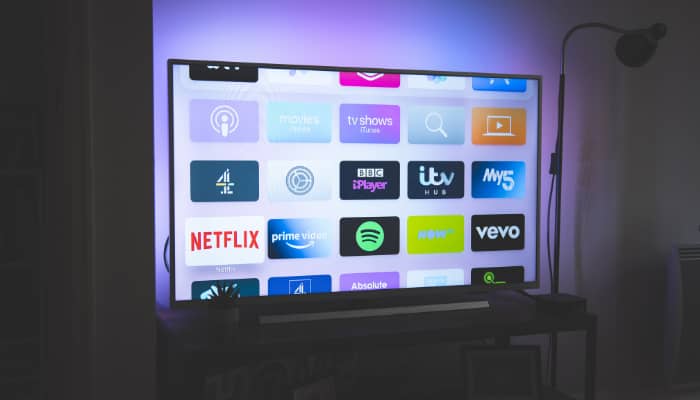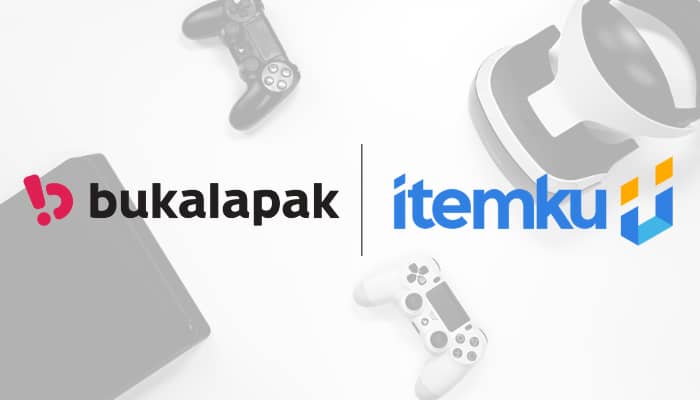Singapore – Pandemic-driven ‘shelter in place’ advisories have pushed the greater majority of Indonesians to try mobile gaming for the first time, making them the new ‘powerhouse’ of said industry, a new report from marketing cloud company InMobi shows.
According to their latest report, over 80% of Indonesian gamers are ‘committed’ as they play once to several times a day, with the 35-44 years old bracket coming out with the highest overall percentage of committed gamers. The gamer demographic is split nearly equally between females and males.
Furthermore, the report also found out that 46% of their Indonesian respondents stated that it is their first time venturing into mobile gaming in general.
In terms of frequency in installing mobile game applications, about 54% of Indonesian respondents have three or more games installed, and 46% of committed gamers download games several times a week. Around 24% of respondents spend over an hour gaming, while the average mobile gamer spends an 11-30 minute ‘snack-sized’ playtime per session.
Rishi Bedi, general manager and vice president of Southeast Asia, Japan, and Korea at InMobi, notes that Indonesia has demonstrated that significant growth potential for mobile gaming in the region was seen due to better accessibility and affordability, as well as the rising demand for ‘snack-sized’ entertainment.
“Gaming is among the biggest opportunities for advertisers across Southeast Asia today. What it provides is not just huge reach, but the ability to access an audience that is highly engaged and receptive to ads in an environment that is completely brand safe and impactful. This, in combination with the richness of mobile, ensures that every brand can drive relevant ad experiences at scale,” Bedi stated.
The report also found that Indonesian gamers are familiar with and receptive to ads during gameplay, with over two-thirds of respondents preferring to watch ads to progress in games instead of paying. At least 62% remembered the ads they had seen when playing mobile games because it catered to their interests, was immersive, or provided them with in-game rewards.
Within the wider Southeast Asian market, smartphone gaming experienced triple growth in the region during initial lockdowns in April 2020. This also translated into a long-term behavioral shift beyond the pandemic as gaming usage more than doubled year-over-year on average since January 2020 – a significant register as Southeast Asia is home to 250 million mobile gamers.


















